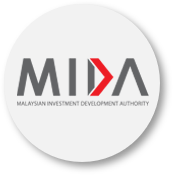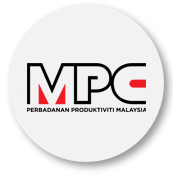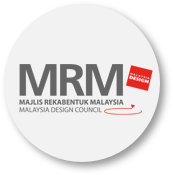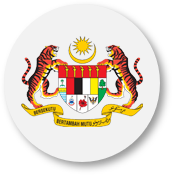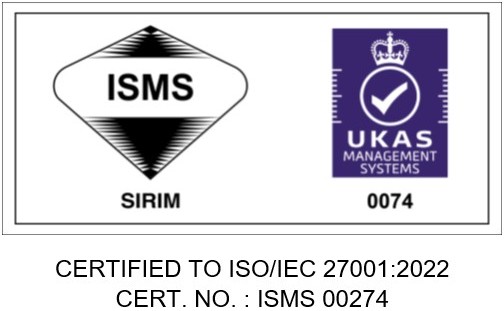- Sustainable development is enshrined in the WTO's founding agreement and, since the inception of WTO in 1995, environmental issues have become increasingly prominent.
- In November 2020, a group of WTO members initiated discussions on how the WTO could contribute to reducing plastics pollution and promoting a transition toward environmentally sustainable trade in plastics. This initiative underscores the WTO’s role in addressing global environmental challenges through trade policy.
- The Informal Dialogue on Plastics Pollution and Environmentally Sustainable Plastics Trade is open to all WTO members and seeks to complement discussions in the Committee on Trade and Environment (CTE) and other fora.
- The Trade and Environmental Sustainability Structured Discussions (TESSD) is also intended to complement the work of the CTE and other relevant WTO bodies, to support the objectives of the Marrakesh Agreement, which envisages a global trading system that protects and preserves the environment in accordance with sustainable development.
- At the 13th Ministerial Conference, WTO members reaffirmed the Marrakesh Agreement's objectives in contributing towards the achievement of Sustainable Development Goals, and underscored the importance of sustainable development as one of its three pillars (economic, social and environmental).
- The Informal Working Group (IWG) on Trade and Gender was established on 23 September 2020 to strengthen the WTO's efforts to increase women's participation in global trade. To-date, it consists of 127 WTO members and observers. The work of the Working Group is based on four pillars:
- reviewing analytical work undertaken
- experience sharing
- considering the concept and scope for a “gender lens”
- contributing to the Aid for Trade work programme
- Malaysia supported the Co-Chairs Joint Statement on Promoting Inclusive and Sustainable Trade Growth through Gender Equality and Building a Gender-responsive WTO during MC13 as it is aligned with Malaysia's national focus on women’s empowerment as reflected in the 12th Malaysia Plan 2021-2025.
- However, Malaysia has emphasised that implementation of the IWG initiatives in the Rolling Work Plan 2023-2024, should respect the unique national circumstances of each Member, including their respective legal frameworks.







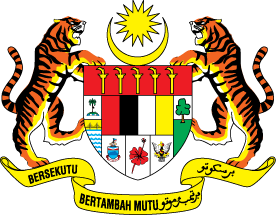





 Home
Home








